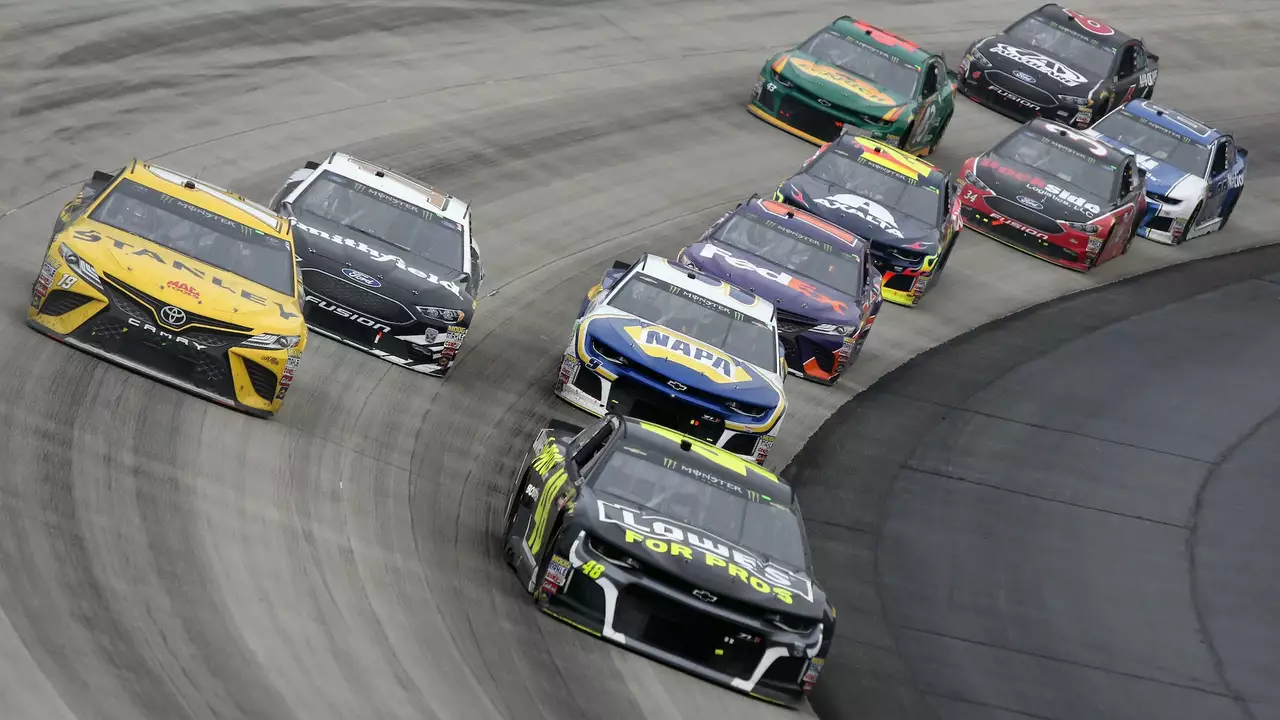Starting Your Racing Career: Real Steps to Get on Track
If you’ve ever dreamed of hearing an engine roar and feeling the G‑force in the corner, you’re not alone. Turning that excitement into a real career takes more than passion – it needs a plan, a budget, and the right connections. Below’s a no‑fluff guide that walks you through the essentials, from the first kart to a potential pro seat.
Know the Path – From Hobby to Pro
Most racers start with karting because it’s cheap, teaches basic control, and lets you race against peers. A good karting program will give you seat time, coaching, and race entries. After a few years, you can move into entry‑level car series like Formula 4 or club‑level touring cars. Each step adds speed, skill, and exposure.
Don’t skip the paperwork. Getting a racing licence from your national motorsport authority is mandatory before you can enter most events. The licence usually requires a medical check, a basic driving course, and proof of track time. It’s a small investment that opens the door to official races.
Budget Basics – What Money Do You Need?
Racing isn’t cheap, but you can break the costs into manageable chunks. Karting can run $5,000‑$10,000 a season for decent equipment and entry fees. Moving to cars jumps to $20,000‑$50,000, depending on the series and how much of the car you own versus rent. Look for sponsorships early – local businesses love supporting a local talent.
Don’t forget the hidden costs: travel, insurance, safety gear, and a good mechanic. Many newcomers share a car or join a driver development program where the team covers some expenses in exchange for a share of any prize money.
Funding isn’t just cash. Time is money too. Volunteer at local tracks, help set up events, or work as a pit crew for a junior team. You’ll pick up practical knowledge and meet people who can later recommend you for a seat.
Training off the track matters as much as on‑track practice. Strengthen your core, improve reaction time, and learn about vehicle dynamics. A few sessions with a fitness coach who understands racing can reduce fatigue and boost lap times.
Networking is the secret sauce. Attend race weekends, talk to team owners, join online forums, and follow the social accounts of drivers you admire. A genuine conversation can turn into a mentorship or a test drive opportunity.
Finally, stay realistic. Not every driver reaches Formula 1, but there are rewarding careers in touring cars, endurance racing, and even as a test driver or coach. Define what success looks like for you, set milestones, and adjust the plan as you learn.
Starting a racing career is a marathon, not a sprint. With a clear path, a sensible budget, and the right connections, you’ll be better positioned to turn that weekend track day into a lifelong profession.
Posted By Caspian Beaumont On 31 Jul 2023 Comments (0)
How to start a racing career I don't have money?
Starting a racing career without a hefty bankroll might sound as crazy as a three-legged cat in a dog race, right? Well, buckle up, because I'm about to spill the beans on how to make that dream a reality! Your passion and commitment are your biggest assets, they don't cost a dime but are worth a fortune. Join local racing clubs for networking, volunteer at events, or even start as a mechanic. Remember, every world champion was once a beginner, so don't let your wallet size define your dreams. It's all about the ride, not the ride's price tag!
READ MORE